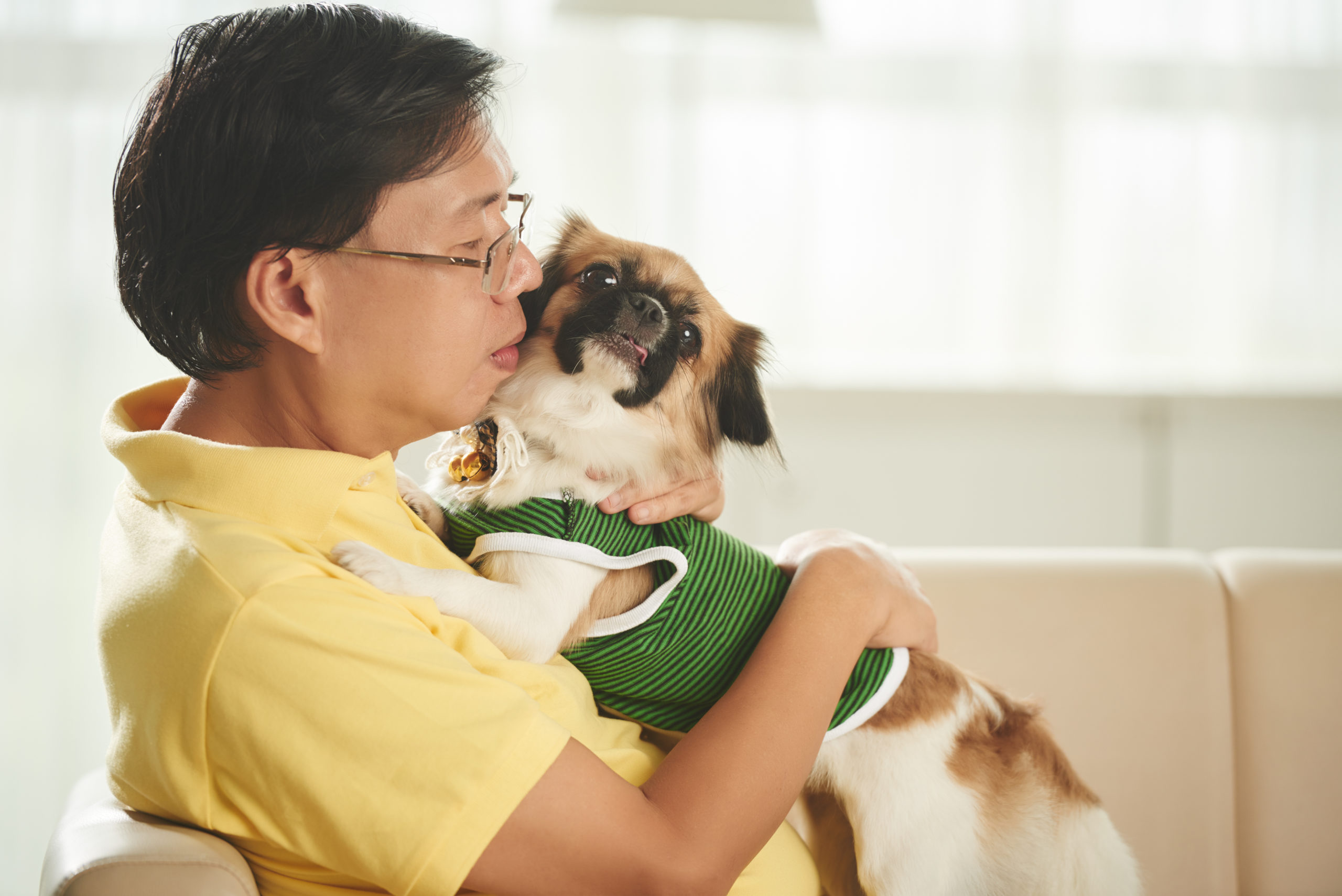Owning a pet in Singapore can bring immense joy and companionship to your life, but it also comes with a great deal of responsibility. Being a responsible pet owner means understanding and adhering to the country’s laws and regulations regarding pet ownership. From choosing the right pet for your lifestyle to providing sufficient care, nutrition, and training, there are many factors to consider when welcoming a furry friend into your home. Here is a guide to pet ownership in Singapore to help you navigate the process:
Check Property Regulations
The very first step before getting a pet is to make sure your type of housing allows pets, and if so, which types of animals are allowed on the property. If you live in an HDB, you can check their website to see which breeds of dogs are allowed. Big dog breeds are generally not allowed due to limited space, and unfortunately, cats are not allowed because they tend to be a nuisance to neighbours.
Choosing the Right Pet
Before bringing a pet into your home, it’s important to consider factors such as your living situation, lifestyle, and budget. Some pets require more time, space, and resources than others, so it’s essential to choose a pet that fits well with your circumstances. While some breeds do fine with basic grooming, other breeds, especially long-haired ones, require regular grooming sessions to prevent matting. Additionally, it’s crucial to research different breeds or species to find one that matches your personality and preferences. Consider the size, energy levels, and temperament of the pet before making a decision.
Acquiring the Pet
Animals for sale include dogs, cats, rabbits, guinea pigs, hamsters, gerbils, mice, and chinchillas. Other animals such as red-eared sliders are allowed to be sold with certain conditions and permission from the Director-General of Wildlife Management. Check out the AVS website for more information. But for domestic pets, you can get them from a reputable pet shop. To spot a good one, they would have a pet shop licence and they care about pet welfare. If the animals look neglected in the shop, that’s one of the signs that it’s not a reputable pet shop. Another place to get a pet is from an animal shelter. There is unfortunately a growing number of animal abandonment cases because people don’t do enough research before they get a pet and can’t commit to it. Reach out to one of the animal welfare groups to learn about their adoption procedures. A lot of animals are abandoned and need homes. Once you get your pet, make sure to adhere to the requirements such as obedience training, and sterilising them once they are over 6 months old.
Licencing and Registration
In Singapore, all pet owners are required to register their pets with the Agri-Food & Veterinary Authority of Singapore (AVA). The licensing process involves registering your pet’s microchip, obtaining an AVA pet license, and ensuring that your pet receives regular vaccinations and health checks. Failure to comply with these regulations can result in fines or other penalties. Licensing and registration help to ensure that pets are properly identified and vaccinated, which is important for public health and safety.
Proper Care and Nutrition
Providing proper care and nutrition is essential for the health and well-being of your pet. This includes providing a balanced diet, regular exercise, grooming, and veterinary care. Make sure to feed your pet high-quality food that is appropriate for their age, size, and species. Keep their living environment clean and comfortable, and provide them with toys and mental stimulation to keep them happy and engaged.
In addition to nutrition, regular exercise is also important for keeping your pet healthy and preventing obesity. Take your pet for daily walks, play games with them, or engage in other forms of physical activity to keep them active and mentally stimulated. Providing toys and activities that encourage exercise can help keep your pet happy and healthy.
Training and Socialisation
Training is crucial for ensuring that your pet behaves well in various situations. Start training your pet from a young age to establish good habits and prevent behavioral problems. Positive reinforcement techniques, such as rewards and praise, are effective in training pets. Socialisation is also important for helping your pet interact well with other animals and people. Expose your pet to different environments, sounds, and experiences to help them become well-adjusted and confident.
Training and socialization are also crucial aspects of pet ownership in Singapore. Enroll your pet in obedience classes or work with a professional trainer to teach them basic commands and good behavior. Socialize your pet with other animals and people to help them feel comfortable in different environments and prevent behavioral issues.
Health and Safety
Regular veterinary check-ups are essential for monitoring your pet’s health and catching any potential issues early. It’s also important to keep your pet up to date on vaccinations, flea and tick prevention, and heartworm medication. Be aware of common health concerns for your pet’s breed or species, and seek veterinary care if you notice any changes in their behavior or appearance.
In terms of safety, ensure your home is pet-proofed to prevent accidents or injuries. Keep toxic substances, small objects, and choking hazards out of reach, and secure windows and balconies to prevent falls. Provide your pet with a comfortable bed or crate where they can rest safely, and consider using a collar or ID tag in case they get lost.
Choosing the Right Veterinarian
One of the most important aspects of being a responsible pet owner is finding a trustworthy and experienced veterinarian for your furry friend. Look for a vet who is knowledgeable about your pet’s specific needs and who can provide quality care. Schedule regular check-ups and vaccinations to ensure that your pet stays healthy and happy.
Another important consideration is pet insurance, which can help cover unexpected medical expenses and provide peace of mind in case of emergencies. Research different insurance options and choose a plan that fits your budget and provides adequate coverage for your pet’s needs.
Being a Pet Parent
Being a pet parent in Singapore comes with responsibilities that should not be taken lightly. By following the guidelines set by the AVA, providing proper care and nutrition, training and socialization, prioritising health and safety, and choosing the right veterinarian, you can ensure that your pet has a happy and healthy life. Remember that owning a pet is a lifelong commitment, so be prepared to provide love, care, and attention for many years to come.




